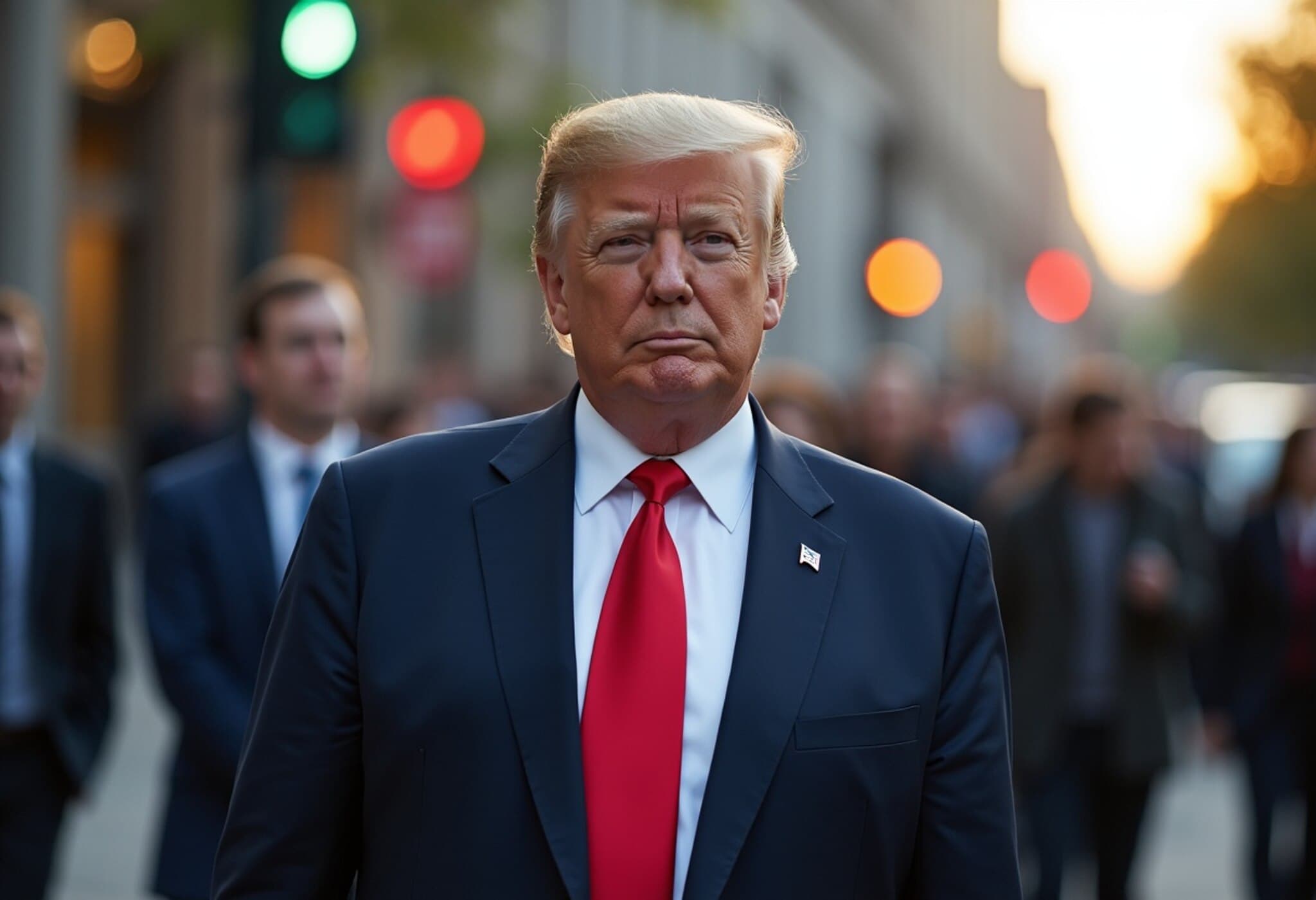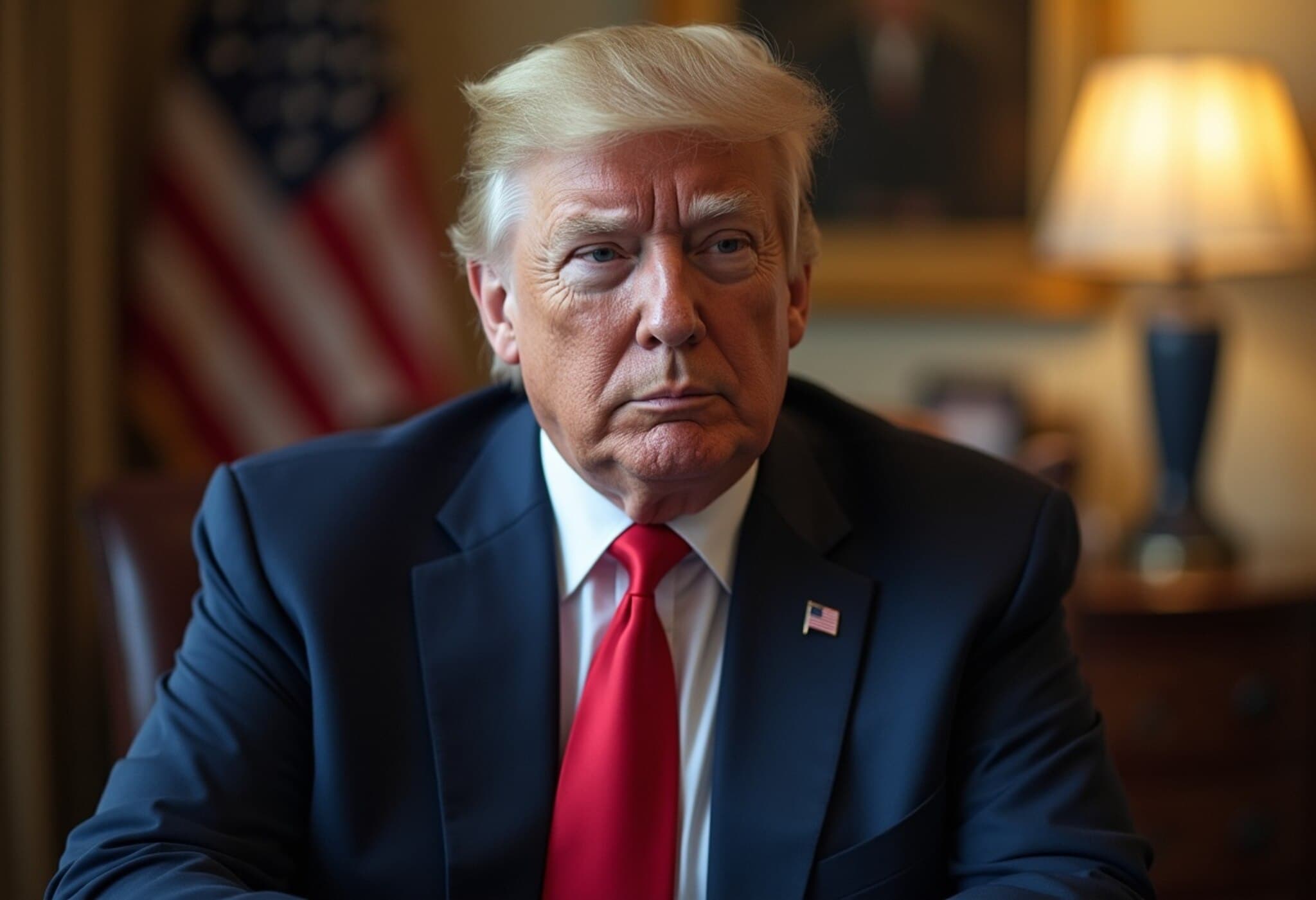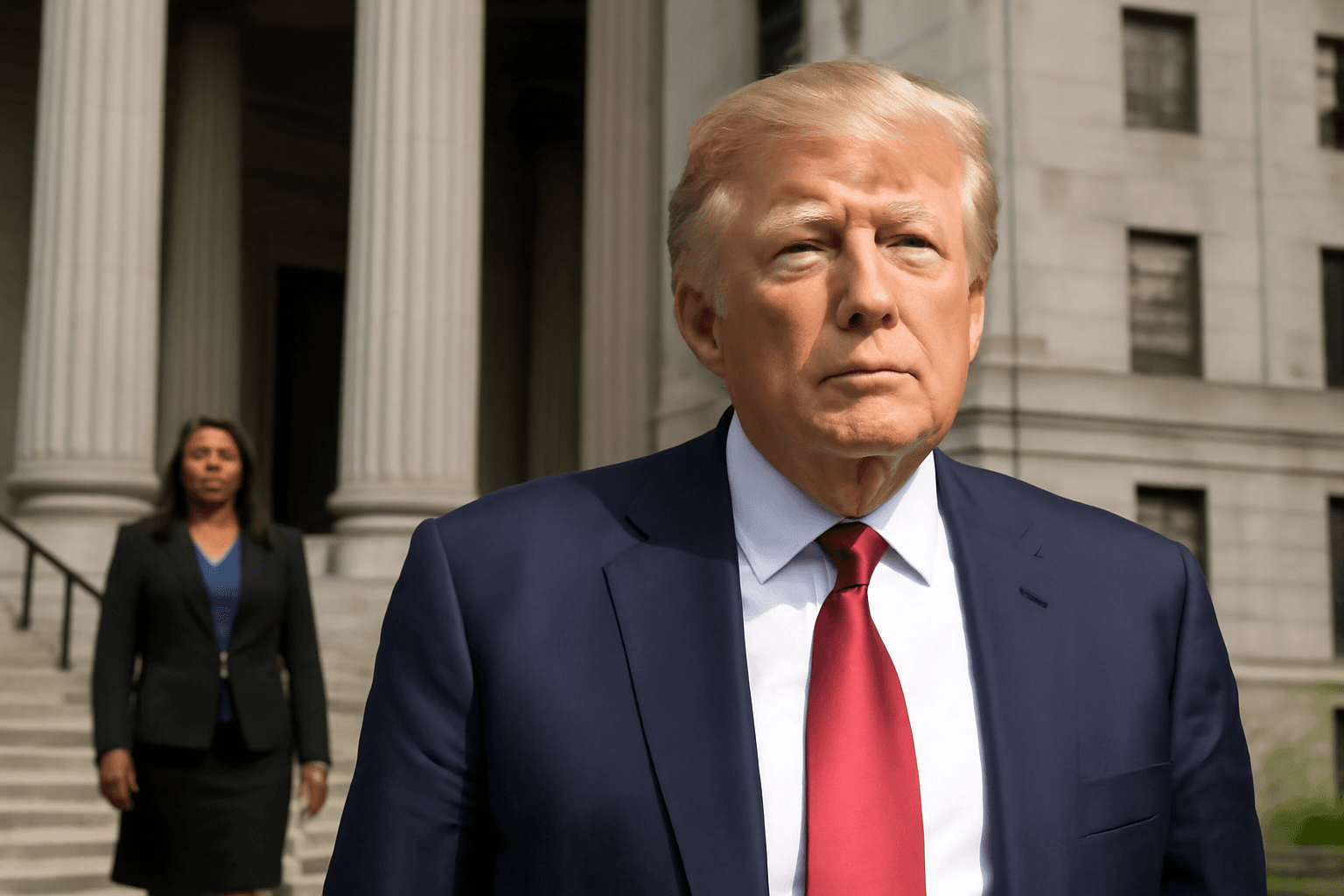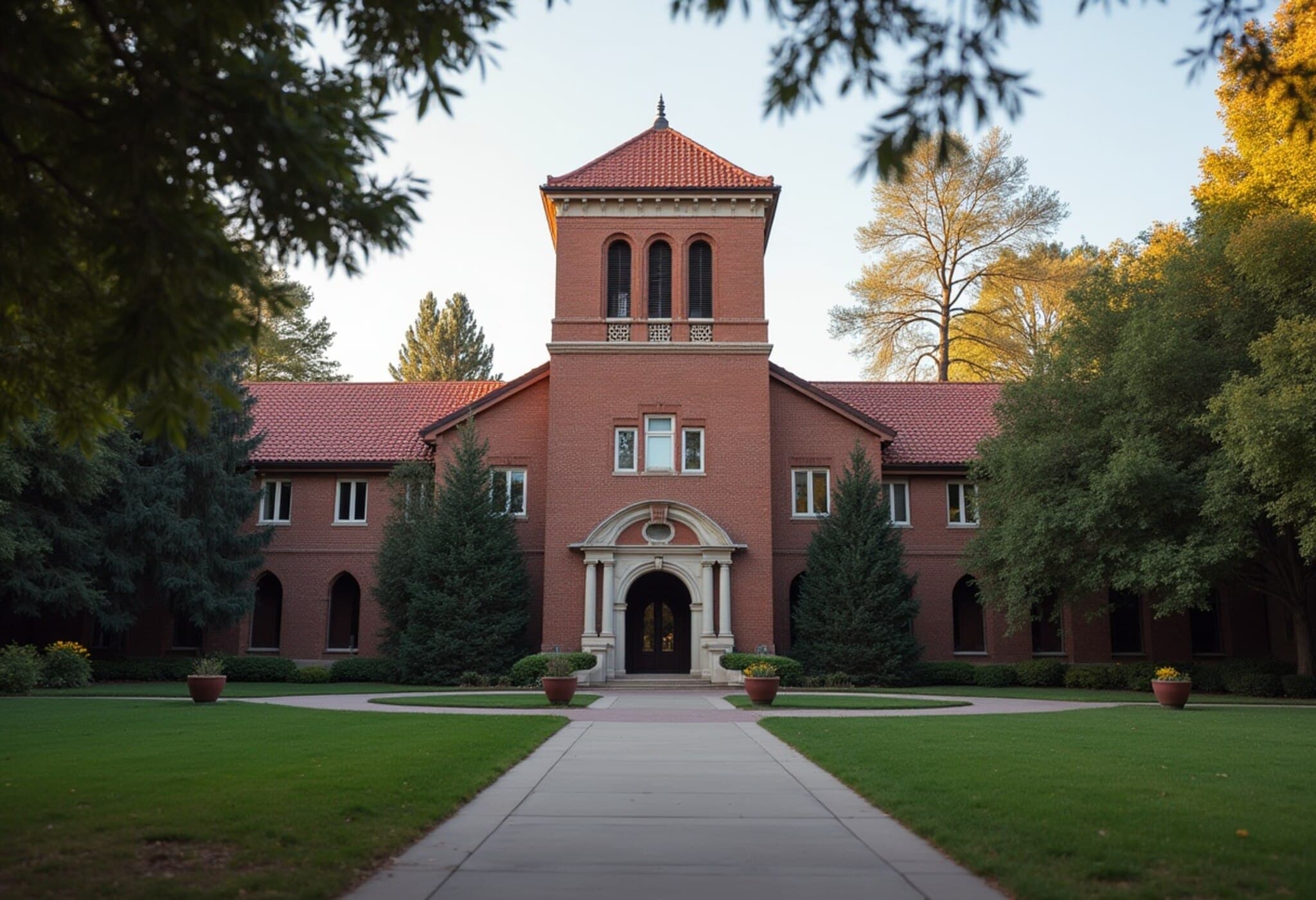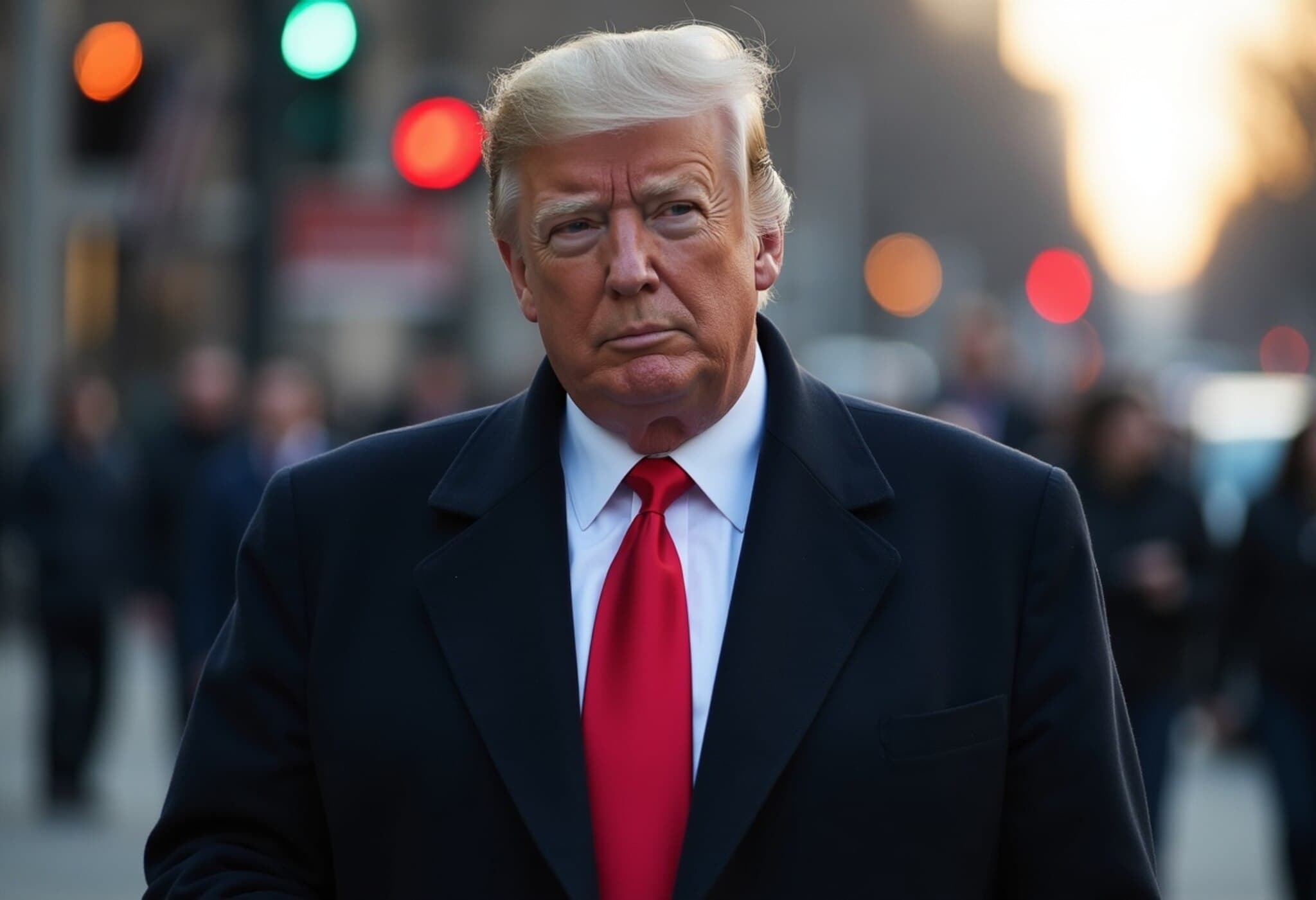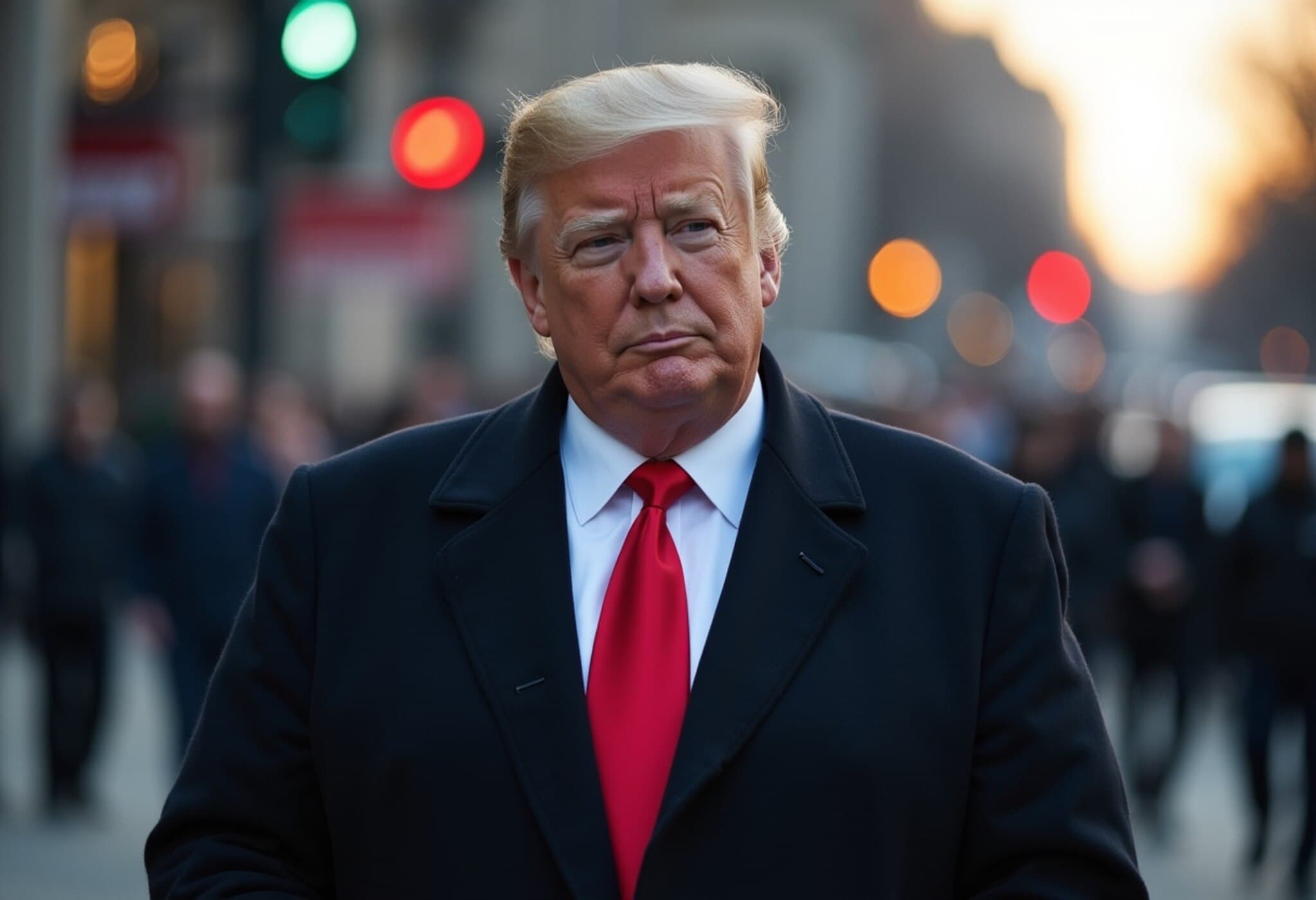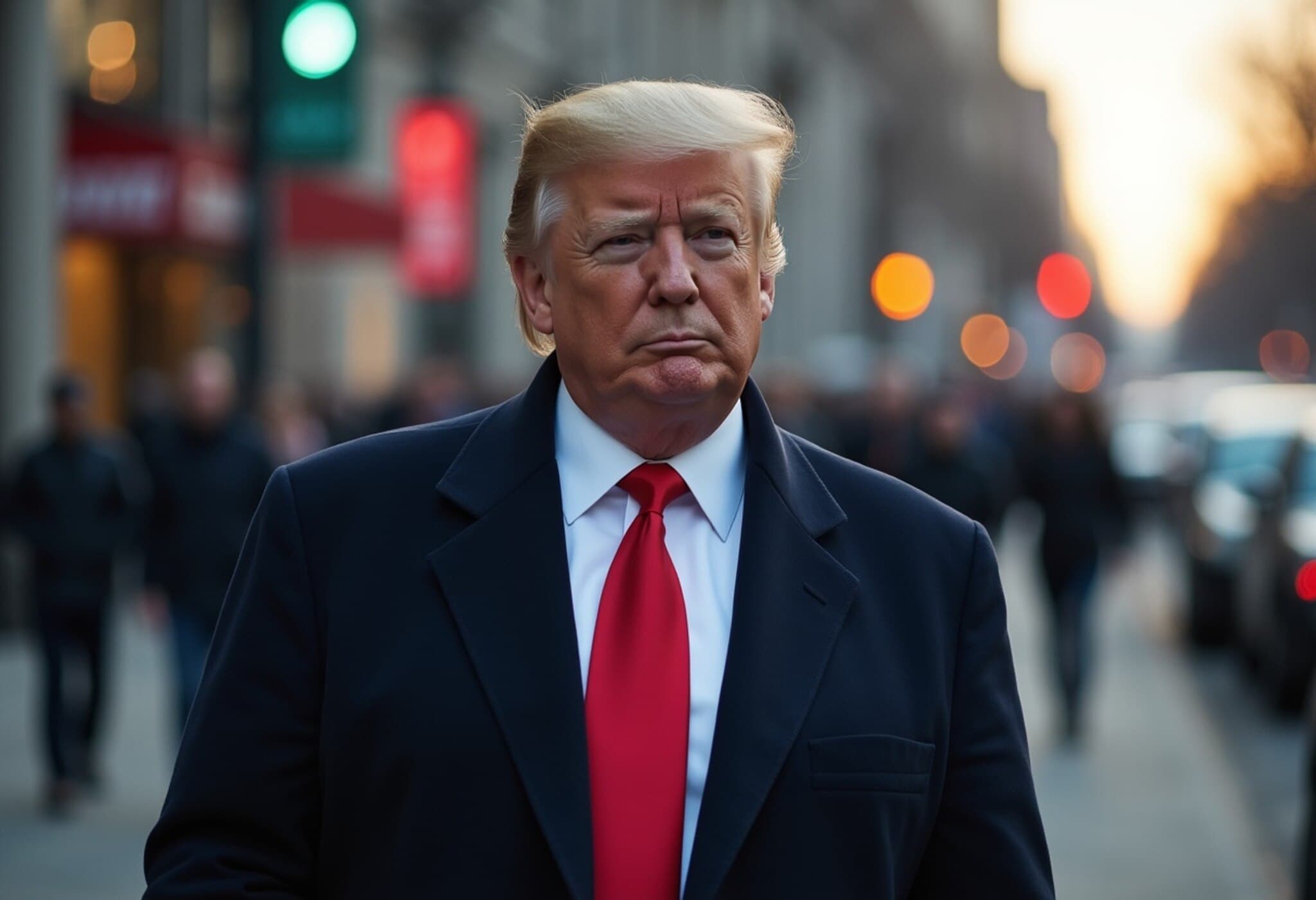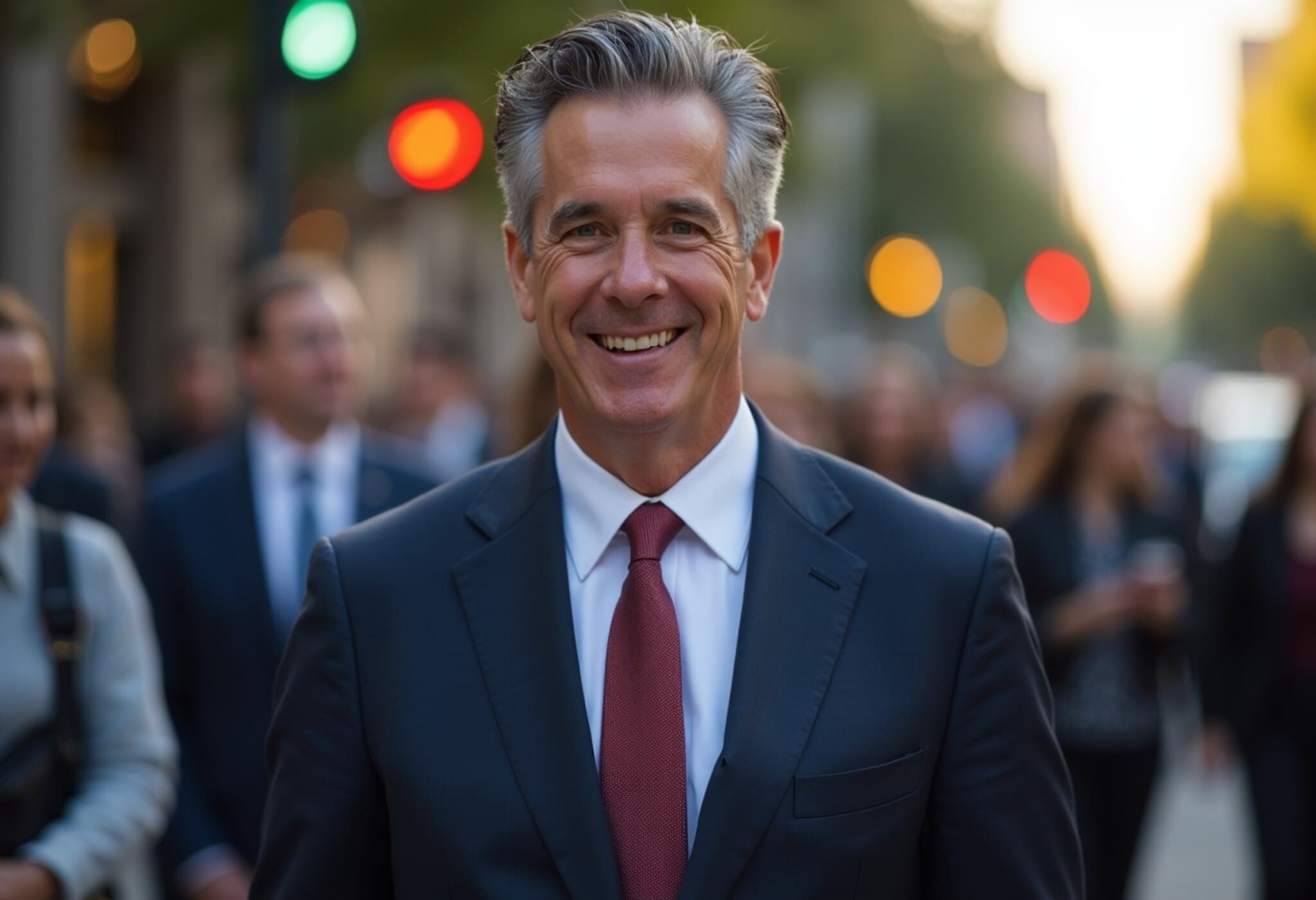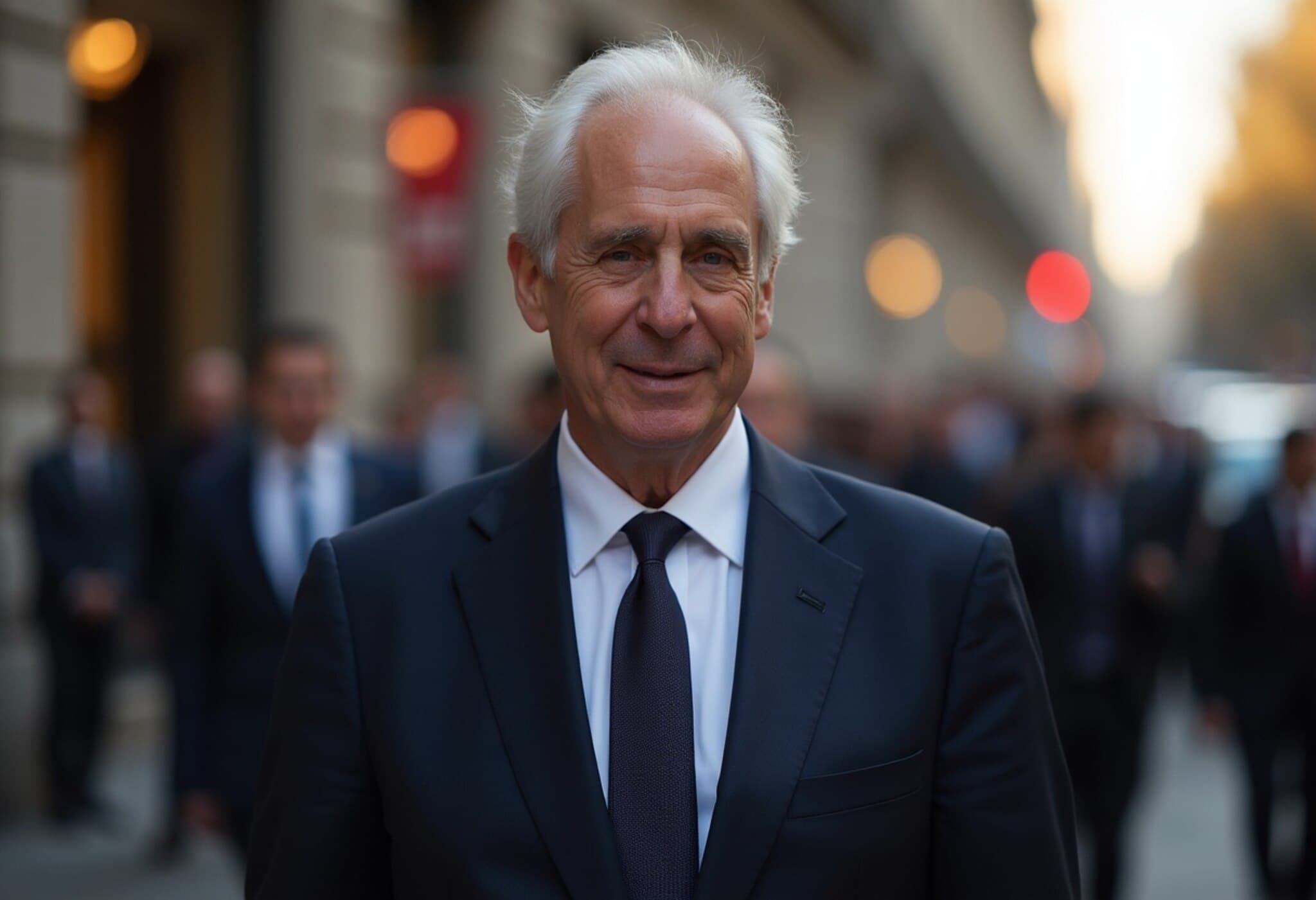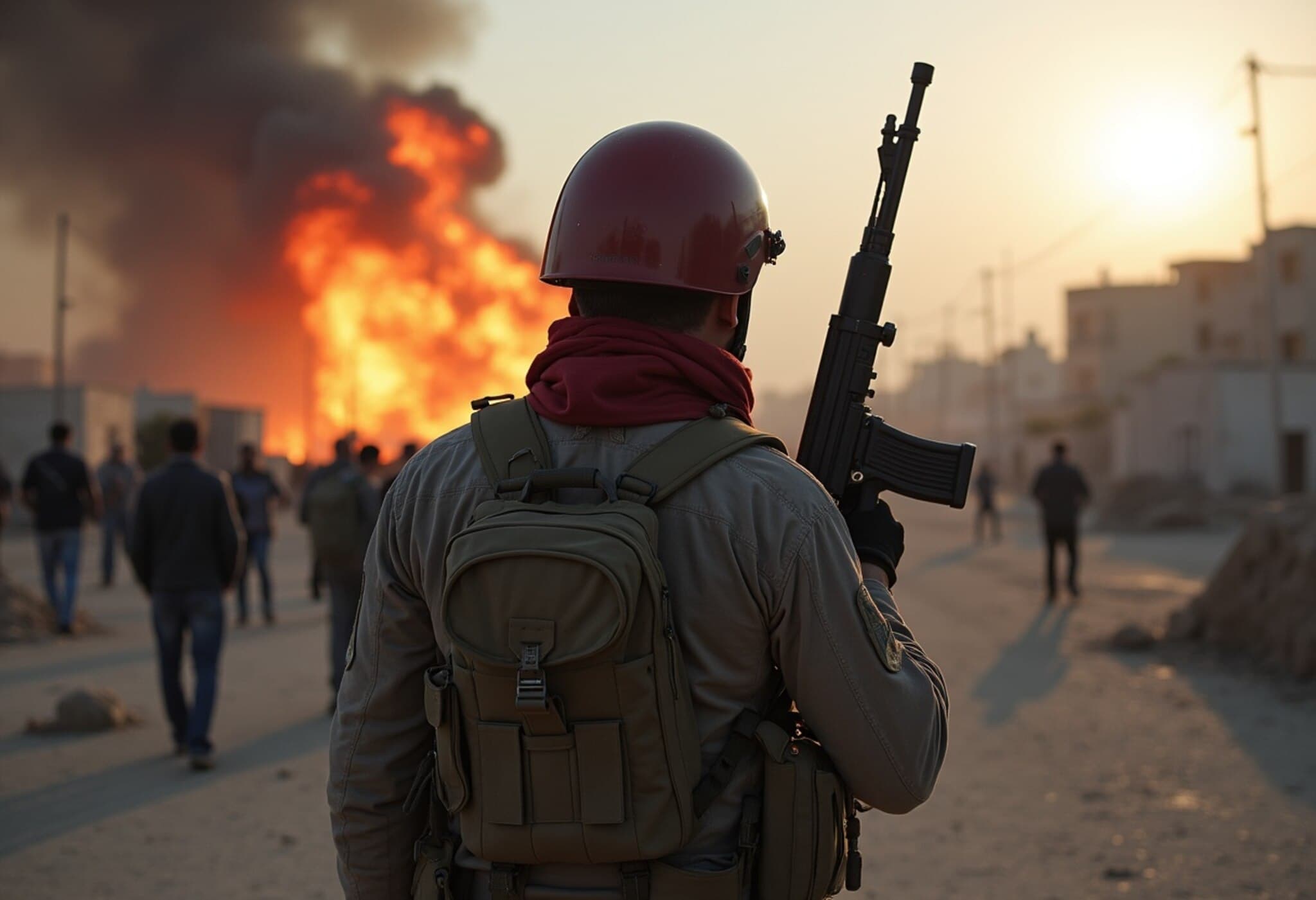Trump Administration Seeks Historic $1 Billion Settlement from University of California
In a highly contentious move, the Trump administration has demanded a staggering $1 billion from the University of California (UC), marking the largest financial demand ever made by the federal government against a U.S. university. This demand arises amid allegations of antisemitism linked to UCLA’s response to student protests in 2024 and comes alongside efforts to restore federal research funding to the institution.
Unprecedented Settlement Proposal
According to sources including a leaked draft obtained by The New York Times, the settlement calls for the University of California to pay $1 billion and an additional $172 million to a victims’ claims fund aimed at compensating those affected by alleged civil rights violations. This figure far surpasses previous federal settlements with universities over similar charges. For context:
- Columbia University agreed to a $221 million settlement.
- Brown University pledged $50 million toward state workforce initiatives as part of its resolution.
This enormous financial demand raises critical questions about the intersection of civil rights enforcement, higher education funding, and political dynamics in the United States.
University Leadership Responds with Concern
James B. Milliken, president of the University of California system, conveyed the institution's alarm upon receiving the settlement demand. "As a public university stewarding taxpayer resources," Milliken stated, "a payment of this scale would devastate the country’s greatest public university system and harm students and Californians alike."
Milliken further expressed frustration that the administration’s funding cuts do not address antisemitism directly and criticized how UCLA’s efforts to combat antisemitism have been overlooked.
Context: A Sharpened Focus on UCLA
The Trump administration's aggressive stance on UCLA is part of a broader campaign against major U.S. universities perceived as bastions of liberal thought. However, its approach to UCLA has been particularly stringent. Notably:
- The Justice Department accused UCLA of civil rights violations following a 2024 lawsuit regarding campus protests.
- Federal funding for UCLA’s research programs has been reportedly frozen amid these disputes.
Political undercurrents are evident, with California’s Governor Gavin Newsom—one of President Trump’s prominent political adversaries and a potential presidential contender—defending the university. Newsom emphasized, "I will fight like hell to make sure that doesn’t happen," signaling the state's strong opposition to the administration’s demands.
Broader Implications: Politics, Education, and Civil Rights Enforcement
This confrontation underscores the fraught relationship between federal authority and state-funded institutions of higher learning, especially in politically charged environments. Key issues include:
- The balance between combating antisemitism and protecting free expression on campus;
- The impact of massive financial penalties on public university systems and students;
- How federal enforcement actions align with political agendas, especially given California's political significance.
Next Steps and University’s Willingness to Engage
Despite the aggressive nature of the demand, UC President Milliken has confirmed the university's willingness to continue dialogue with the federal government. However, he remains critical of the administration's strategy, describing the funding cuts as ineffective and misdirected.
This ongoing dispute promises to be a significant test of federal-university relations and the mechanisms for addressing civil rights concerns in academic environments.
Editor’s Note
The Trump administration’s unprecedented demand places the University of California at a crossroads, raising profound questions about the future of public higher education funding and civil rights enforcement. As this story develops, it invites a broader dialogue on how universities can effectively combat antisemitism without compromising their educational mission or financial viability. Readers should consider how political tensions influence such conflicts and what this means for free speech and minority protections on campuses nationwide.

